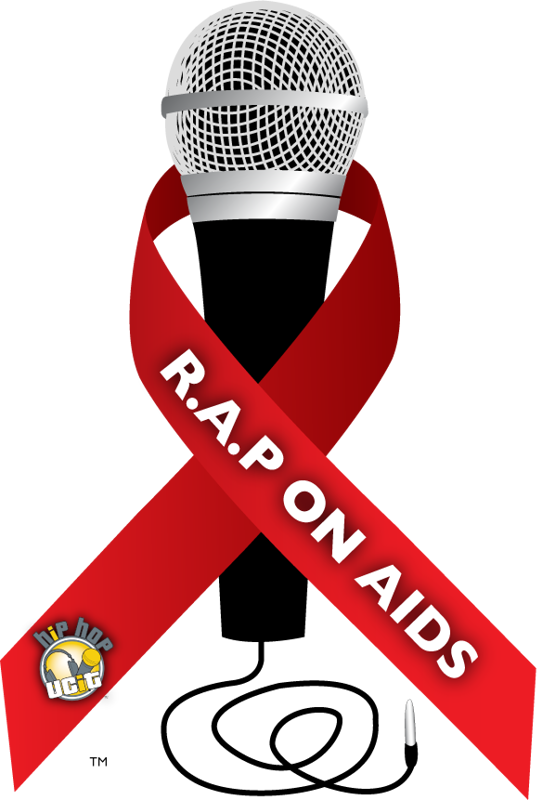Prep
PrEP is a daily pill for people who do not have HIV and want added protection. Most people pay little or nothing for PrEP.
Let’s Talk about PrEP!
What is PrEP?
Your health care provider can help you decide if PrEP is a good fit. Some things to consider: how often you (and/or your partners) use condoms; whether you know the HIV status of your partners and if they are on ongoing treatment; and/or whether you have recently had any sexually transmitted diseases (STDs). If you or your partner use injection drugs, PrEP may also provide added protection.
If you are considering getting pregnant and concerned about HIV, talk with your doctor about PrEP. PrEP may be an option to help protect you and your baby from getting HIV while you try to get pregnant, during pregnancy, or while breastfeeding.
PrEP is available by prescription in the U.S. under the brand name Truvada. Truvada was first approved by the Food & Drug Administration (FDA) in 2004 to treat HIV in combination with other medications. In 2012, the FDA approved Truvada for use as PrEP for people who do not have HIV.
CDC, HIV Basics, PrEP. March 2018.
How effective is PrEP?
According to the U.S Centers for Disease Control and Prevention, daily PrEP reduces the risk of getting HIV from sex by more than 90 percent. Among people who inject drugs, PrEP reduces the risk of getting HIV by more than 70 percent when used consistently.
Some studies have shown even higher effectiveness with consistent PrEP use among gay and bisexual men, and transgender women.
While PrEP is highly effective in preventing HIV, it does not protect against other sexually transmitted diseases (STDs). To prevent gonorrhea, chlamydia, syphilis, and other common STDs, use condoms.
PrEP must be taken for some time before it reaches maximum effectiveness.
CDC, HIV Basics, PrEP. March 2018.
How quickly does PrEP start working?
CDC, HIV Basics, PrEP. March 2018.
How do I get PrEP
If you don’t have a regular health provider, or they don’t know about or are reluctant to prescribe PrEP, there are organizations that can help you get on PrEP. This may include finding a provider and/or identifying financial assistance, whether you have insurance or not.
How much does PrEP cost?
If you do not have insurance, or if you have insurance but need help with out-of-pocket costs, there are financial assistance programs that may be able to help. Many people wind up paying very little or nothing at all for PrEP.
I don't have insurance - can I still get PrEP?
One such source is Gilead’s Medication Assistance Program for PrEP. To see if you are eligible for this program provided by PrEP’s manufacturer call (877) 505-6986. Eligibility is based on income.
There are organizations that can help you get on PrEP, even if you don’t have insurance. Click here to search for “PrEP for Uninsured.”
To find affordable health insurance coverage options in your state, go to: healthcoverage.greaterthan.org.
What is involved in getting on PrEP?
You will take an HIV test, as well as have your kidney function checked and be screened for hepatitis B and C viruses.
After you get your prescription for PrEP, you will have regular check-ups, typically every three months, to see how you are doing on the medication. At these visits, you will be re-tested for HIV, as well as have other general health checks as needed, including periodic screens for other STDs.
You can go on and off PrEP at different times in your life, but should do so under the guidance of a health care provider.
Once I start PrEP, can I stop?
Before restarting PrEP, you will need to get tested again and renew your prescription.
Does PrEP work after HIV exposure?
If you think you may have been exposed to HIV, PEP, post-exposure prophylaxis, may be an option within the first 48 to 72 hours of the possible exposure. Contact your health care provider or emergency room for a prescription.
CDC, Guidelines for Antiretroviral Postexposure Prophylaxis After Sexual, Injection Drug Use, or Other Nonoccupational Exposure to HIV [PDF]. April 2016.
What is PEP?
It must be taken within 72 hours after a possible exposure to HIV. The sooner you start PEP the better. If you are prescribed PEP you will need to take it once or twice daily for 28 days.
Contact your health care provider or emergency room for a prescription.
For ongoing protection, consider PrEP, a prescription pill for those who do not have HIV. PrEP must be taken for some time before exposure to be effective.
See: What is PrEP?
CDC, HIV Basics, PEP. April 2016.
